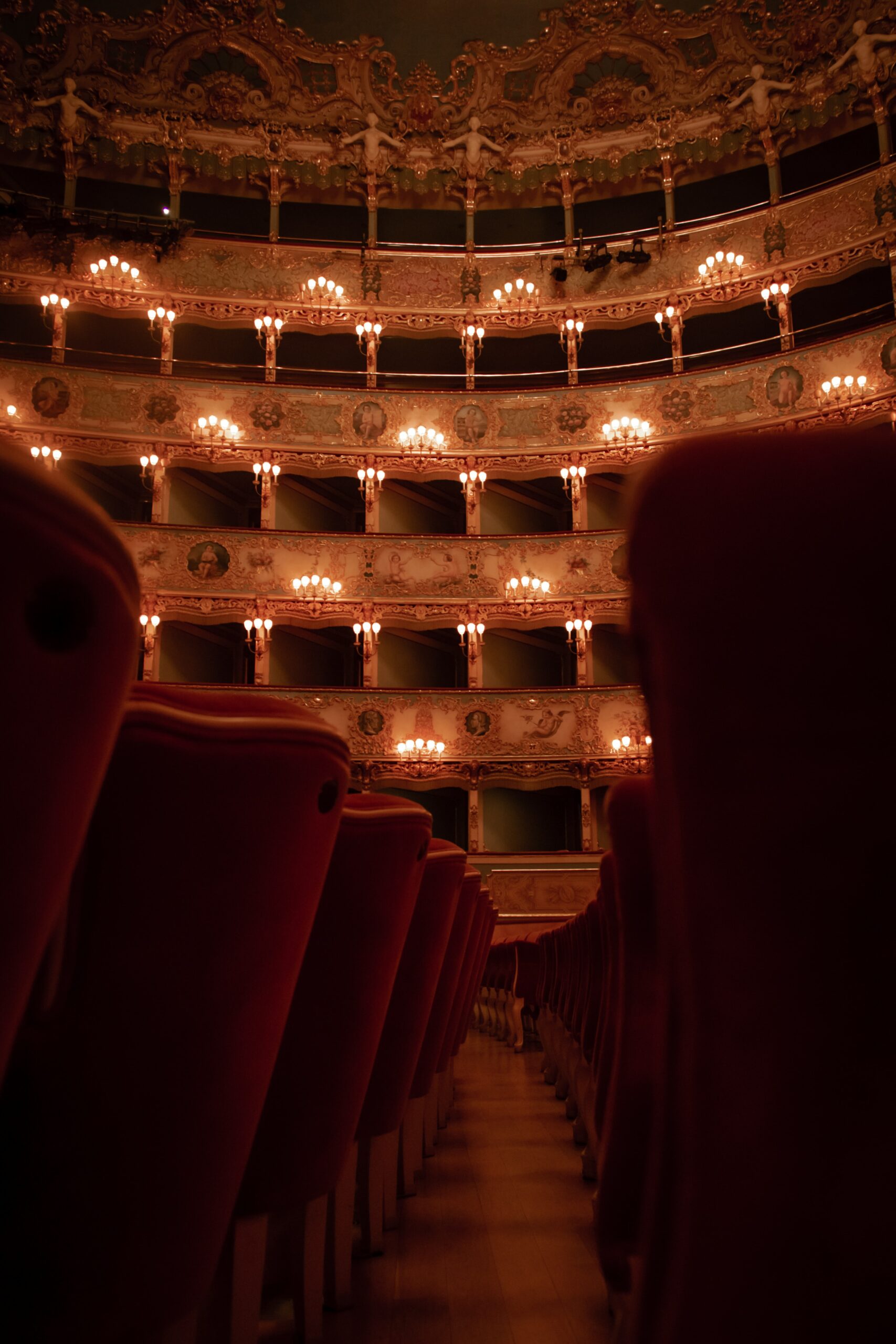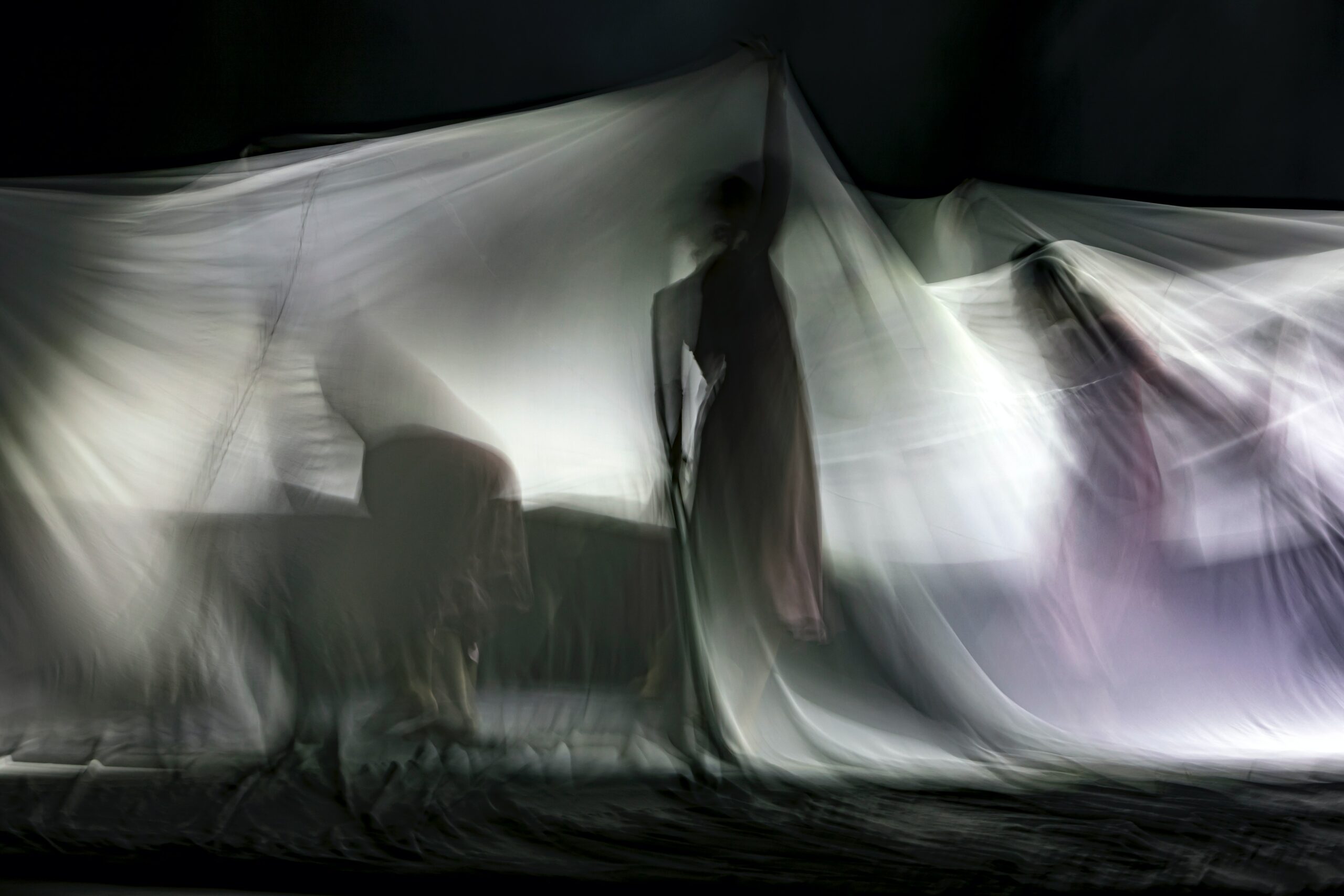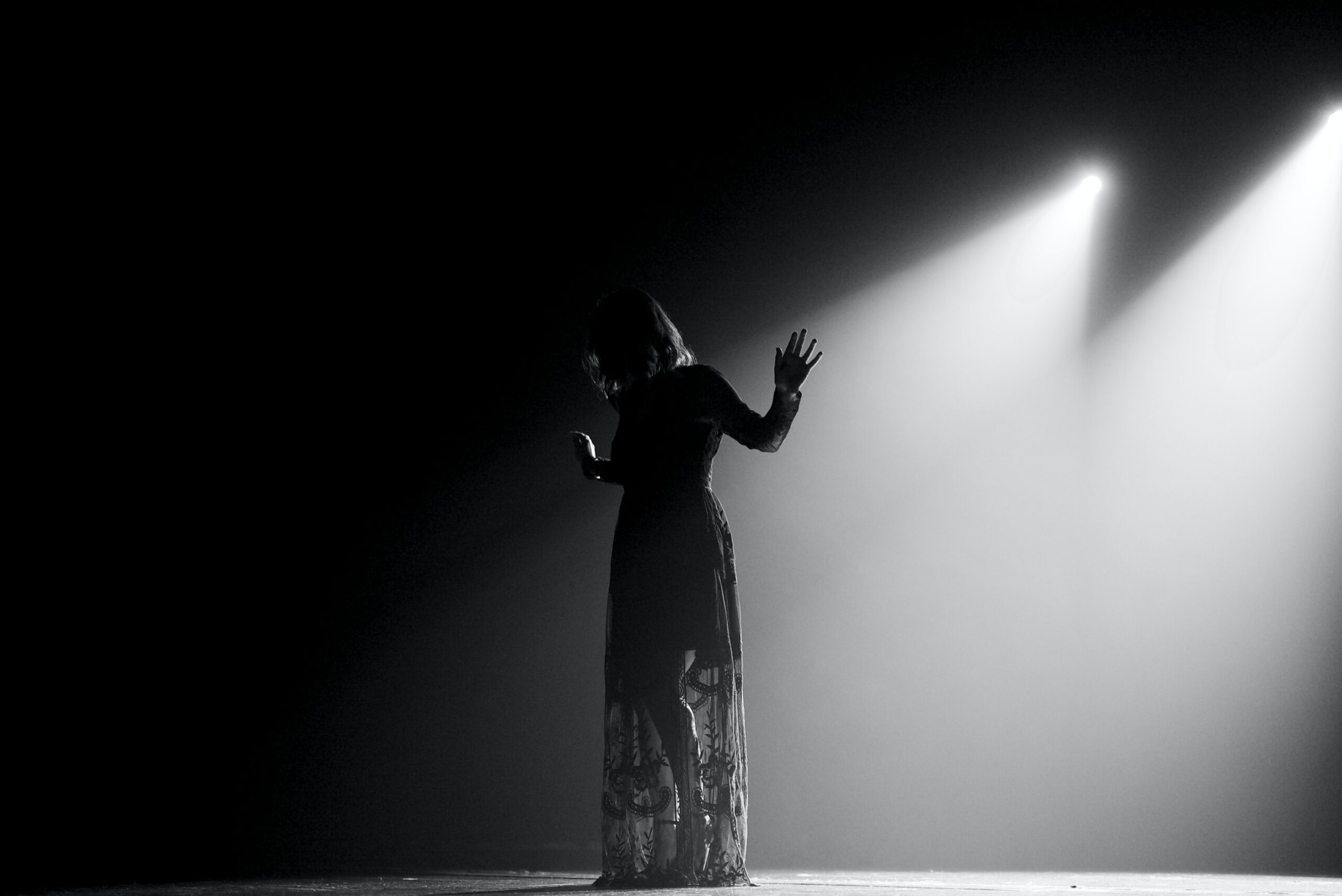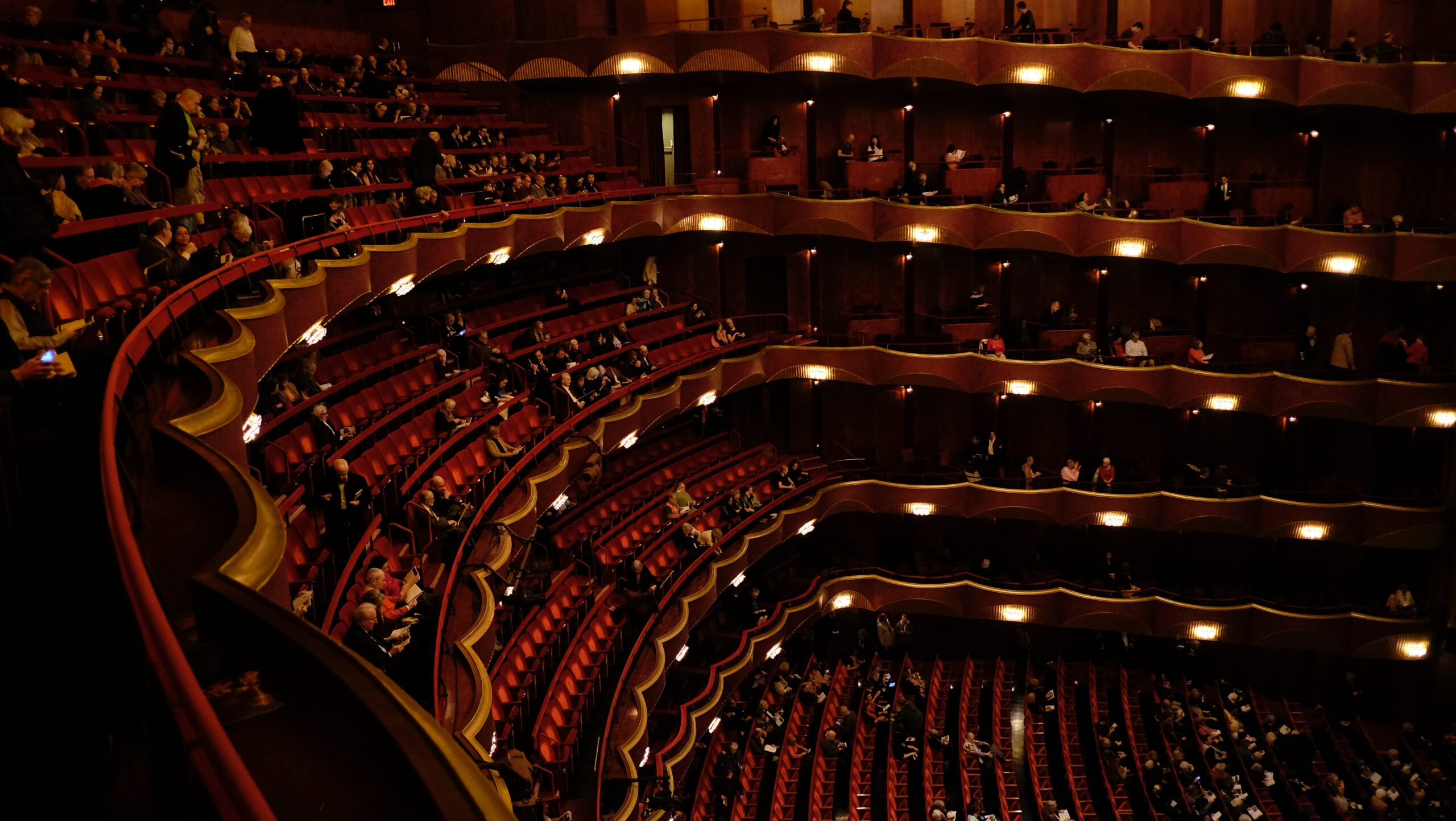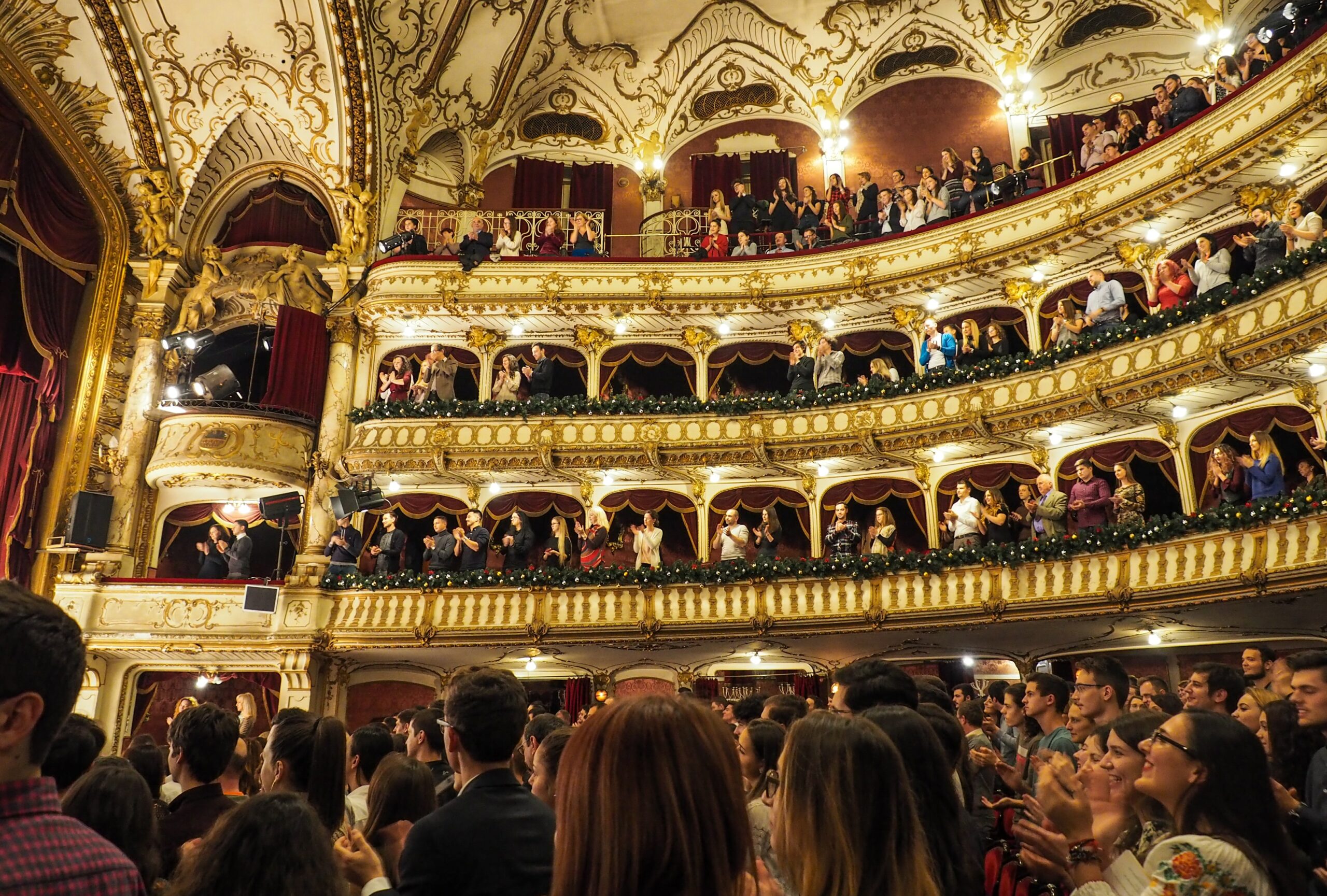Abstract
Between 1780 and 1850, women's voices were used and understood differently in British society and musical culture, according to this book.
During these decades, patriarchal dominance, as other historians have argued, increasingly began to rest on a particular conception of the fundamentally different nature of male and female physiology and mind.
This book argues that as a result, the female voice—which was seen as combining both physical and mental qualities—became crucial to upholding and subverting gendered power structures. The book makes the case that the sounds that women generated with their voices—as much as the words they said or sang—were seen by their contemporaries as aural signifiers of various forms of femininity.
Because of this, the ways in which women used their voices and how audiences responded to them, current disagreements over feminine values were both voiced and challenged.

